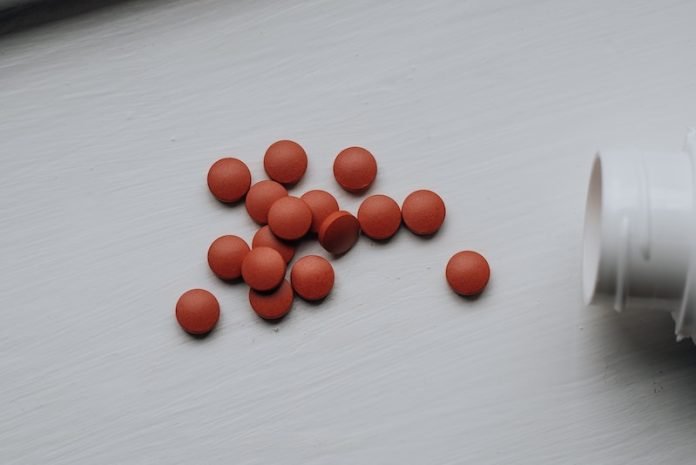
GLP1 receptor agonists, a class of diabetes medications, may be associated with fewer major adverse heart disease events than another type of diabetes drug, DPP4 inhibitors, in older veterans with no prior heart disease, according to a new study.
The findings were published in the Annals of Internal Medicine and will help clinicians in choosing a diabetes drug regimen for older patients.
Background: Diabetes and Cardiovascular Disease
More than 30 million adults in the United States have diabetes mellitus, which increases the risk for adverse cardiovascular events like heart attack, stroke, or cardiovascular death, and hospitalization due to heart failure.
The researchers of this study aimed to address two knowledge gaps.
First, many newer diabetes medications were tested versus a placebo, making it difficult to know if one type offers an advantage over another.
Second, the clinical trials showing the cardiovascular benefits of these drugs were conducted in people who already had heart disease.
GLP1 Receptor Agonists vs. DPP4 Inhibitors
In a retrospective cohort study of US veterans, the researchers found that the addition of a GLP1 receptor agonist was associated with a reduced risk of MACE (major adverse cardiovascular events) and heart failure hospitalization compared to treatment with a DPP4 inhibitor in patients with Type 2 diabetes and no prior heart disease.
The reduced risk translates to about three fewer heart failure, death, heart attack, or stroke events in 1,000 people using the medication for a year.
SGLT2 inhibitors did not reduce MACE and heart failure hospitalization compared to DPP4 inhibitors for primary heart disease prevention.
The study included nearly 100,000 veterans who received a first prescription for an antidiabetic medication (metformin, insulin, or sulfonylurea) from 2001 to 2016, and then added a GLP1 receptor agonist, SGLT2 inhibitor, or DPP4 inhibitor to their diabetes treatment regimen. Follow-up data were collected through 2019.
Study Findings and Implications
The median patient age was 67 years, and the median diabetes duration was 8.5 years.
The researchers included variables such as age, sex, race, body mass index, blood pressure, laboratory values like hemoglobin A1c, and history of prior illnesses in the statistical analysis.
The study did not examine the use of GLP1 receptor agonists, SGLT2 inhibitors, or DPP4 inhibitors as first-line therapies for Type 2 diabetes treatment.
Diabetes and its complications represent an enormous healthcare burden and result in nearly 200,000 deaths annually, often due to heart disease.
“Doctors, scientists, and patients want to do our best to prevent heart disease for those who are at the highest risk. We believe that future primary prevention trials with these antidiabetic medications are needed.
For some patients, these medications cost a lot, but if they prevent heart disease, then there would be a great return on investment,” says Christianne Roumie, MD, MPH, professor of Medicine in the Division of General Internal Medicine and Public Health and senior author of the study.
Conclusion
The study’s results suggest that GLP1 receptor agonists may provide an advantage over DPP4 inhibitors for patients with type 2 diabetes who have no prior heart disease.
SGLT2 inhibitors did not reduce MACE and heart failure hospitalization compared to DPP4 inhibitors for primary heart disease prevention.
However, the researchers note that more studies are needed, particularly in more diverse patient populations, to determine the best course of treatment for patients at risk for heart disease due to type 2 diabetes.
For clinicians, the study’s findings suggest that when treating older patients with type 2 diabetes, adding a GLP1 receptor agonist to their treatment regimen may provide protection to heart health.
If you care about diabetes, please read studies that pomace olive oil could help lower blood cholesterol, and honey could help control blood sugar.
For more information about diabetes, please see recent studies about Vitamin D that may reduce dangerous complications in diabetes and results showing plant-based protein foods may help reverse type 2 diabetes.
The study was published in the Annals of Internal Medicine.
Copyright © 2023 Knowridge Science Report. All rights reserved.



